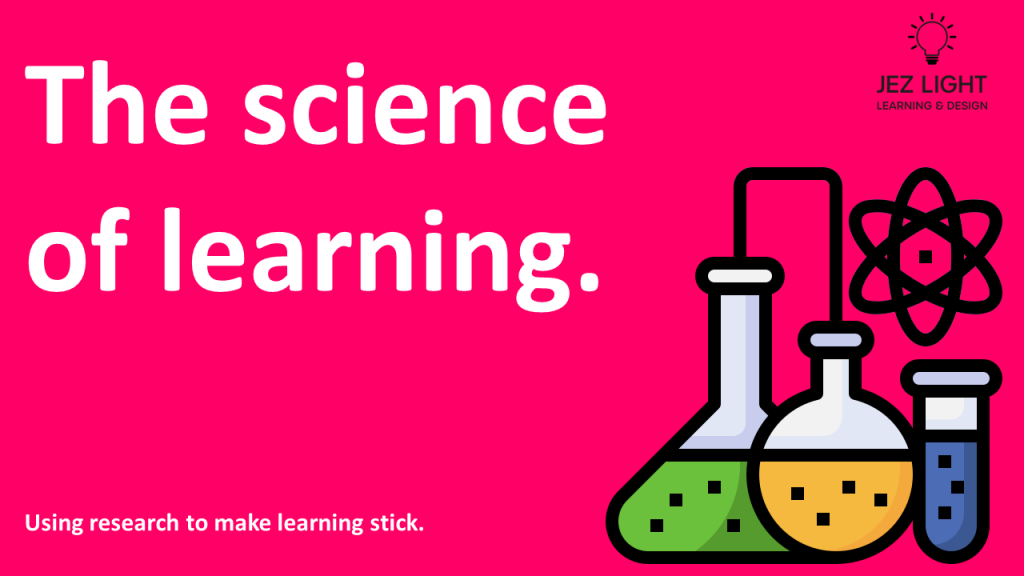When you have a good understanding of your brain’s abilities it allows you to boost your learning skills, and your productivity.
Over recent years researchers have had lot’s of really important eureka moments , especially when it comes to learning. All this means that each day that passes mean we are getting a better understanding of how we learn, remember, organise and retrieve & recall information.
Let’s look at 5 things learning science is helping us to understand.
Your emotional state influences your ability to learn
We already knew that learning can be affected by many outside influences, but what about the ones on the inside?
Research has shown that our emotions affect everything from how we perceive information, how we remember information, how we pay attention, and how we get stuck in to solve problems.
Feeling stressed, anxious, fearful or ashamed are not a match for learning as these are activated by the limbic system. When that happens it interferes with how your memory is generated.
Learning together, socially, is good for you.
Whilst a lot of people prefer to be alone for learning, it’s been suggested that some learners may learn much better when the learning is done through social interaction. By having people collaborating with each other generally creates better learning outcomes. Research has also shown that when we learn together we are exposed to social cues such as remembering words other people used and potentially even copying their actions.
Your brain wants you to mix it up.
When you’re bored during learning it impacts your ability to take in information by killing both your attention and your willpower.
You will all have heard that repetition helps you remember, whilst in some cases that might be the case, there’s more evidence to show that what the brain really wants is some novelty. Novelty is all about mixing things up and letting people have experiences, and getting stuck in, being shown things in new and interesting ways. All of which the releases a healthy drop of dopamine, the happy chemical, which means you feel rewarded for learning something new. It’s a nice feeling, so you do it again and again.
Your brains will use it or lose it
Your brain is always building you new neural pathways. Every experience and leanring event is transformed into a clever pathway in the brain to help you remember it. The better the experience, the stronger the pathway.
Interestingly, your brain has a clever, but quite destructive function.
The neural pathways that get used the most usually get deeper and stronger. The pathways that do not get used as much get a new one built over the top of them.
So, when it comes to the brain, the saying “if you don’t use it, you lose it”, could not be more apt.
Making mistakes is a great way to learn.
When you are learning something new, there are not many people who are aiming to fail.
For most people, that’s actually the thing they want to avoid.
The science of learning has a different view. It has shown that making mistakes is actually a critical part of learning. When we make mistakes it creates powerful pathways which we learn from, and they help us to do better and get it right next time.
Learning will never be an exact science, but we must take on board what it tells us to ensure we deliver the best content in the right ways.

